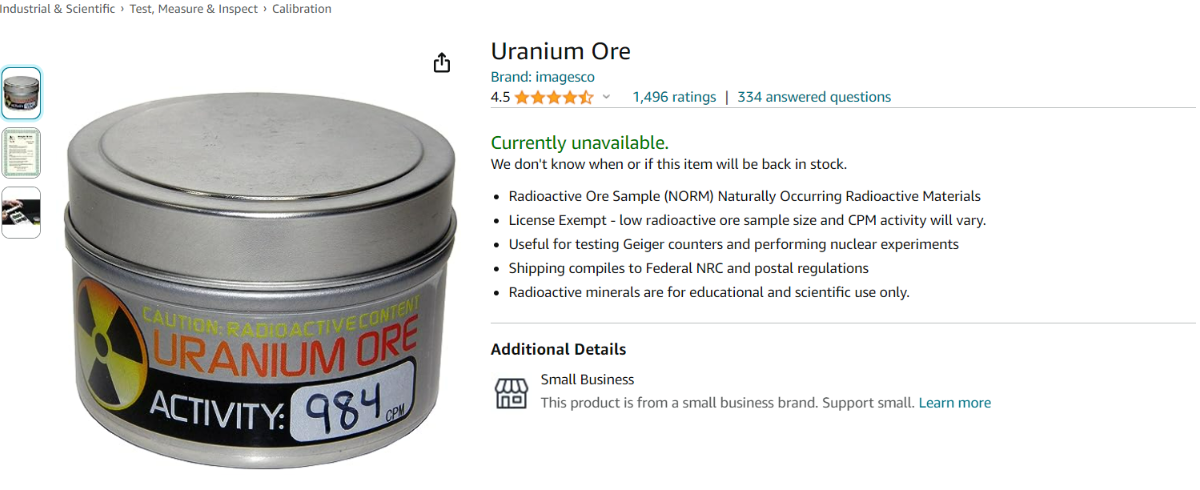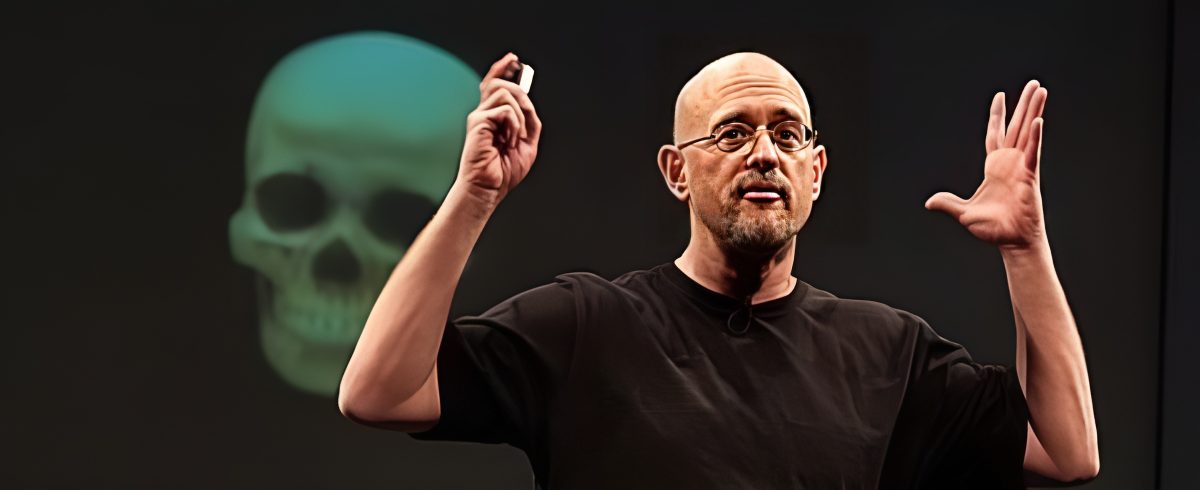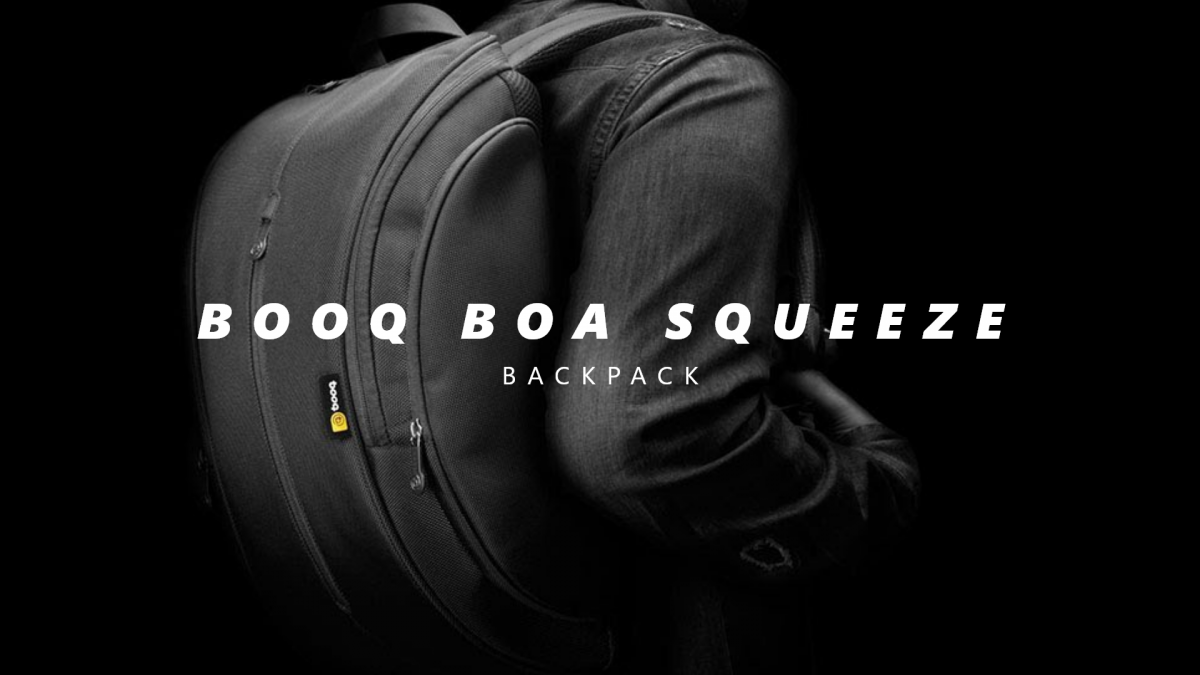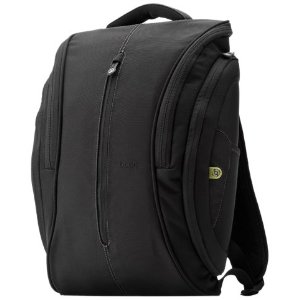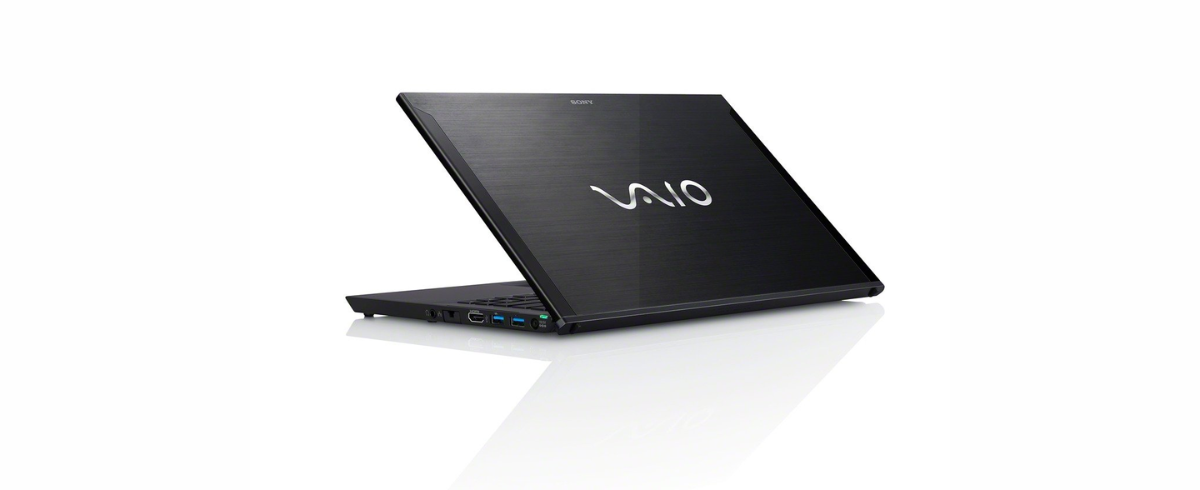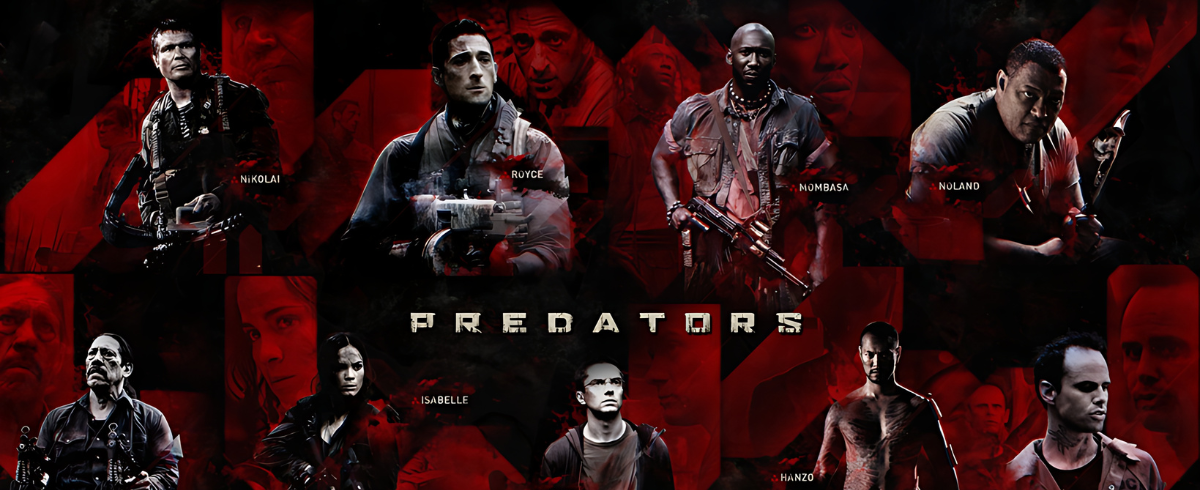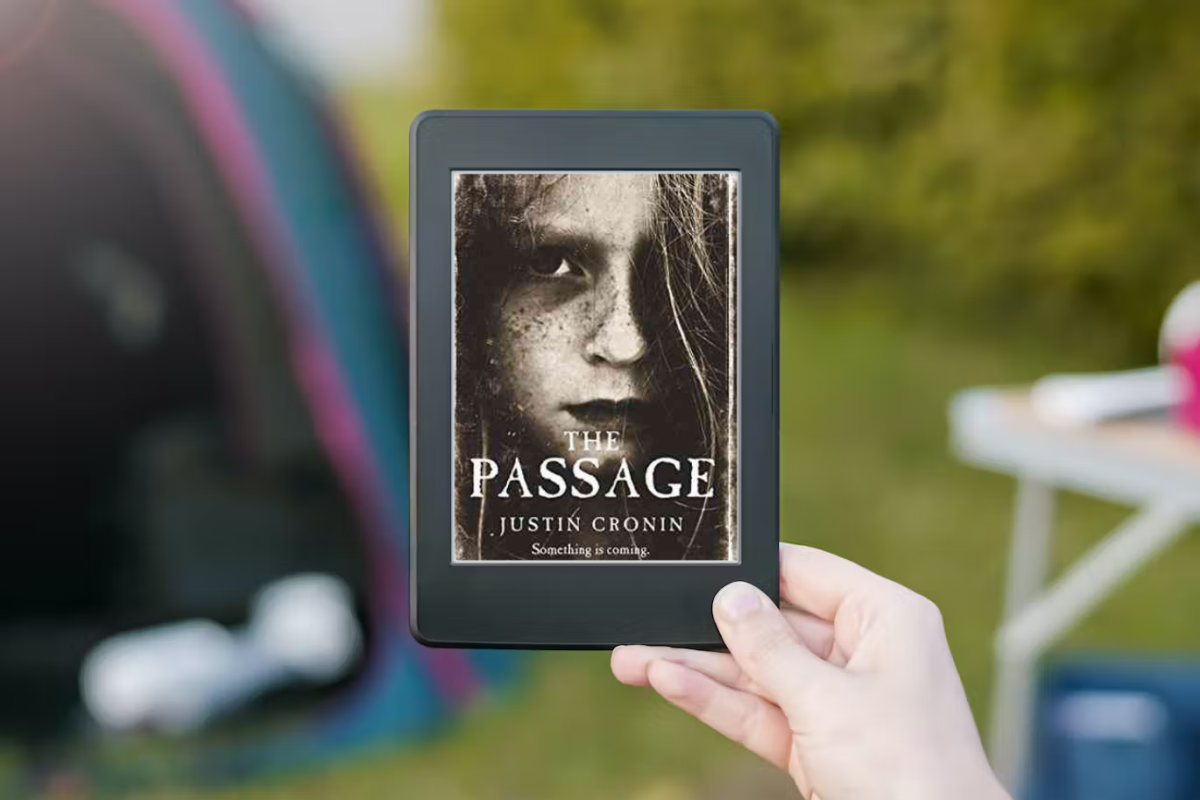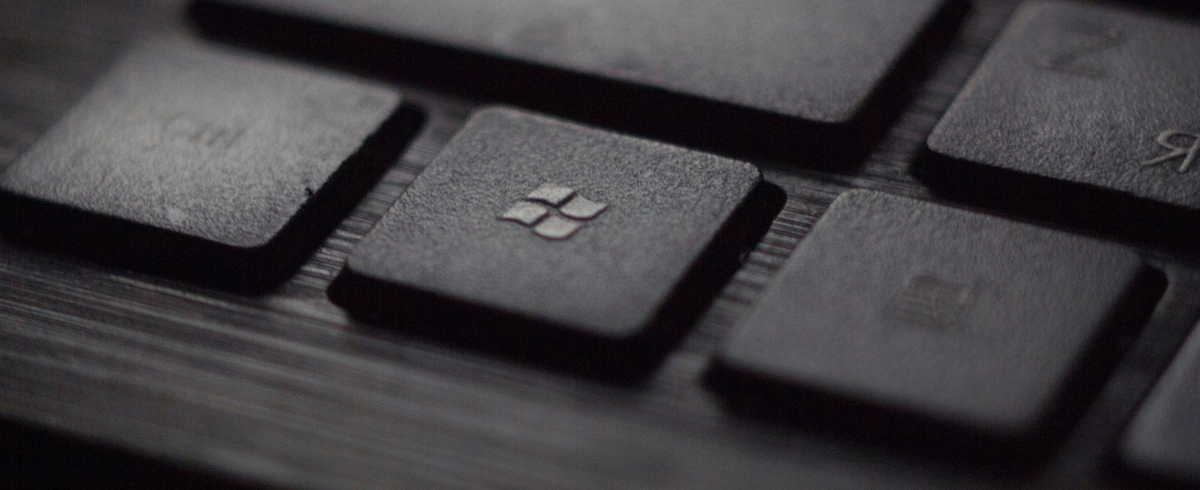We can start by asking why Microsoft should be in search. Microsoft has two extremely successful businesses with Windows and Office that generate $13.1 billion and $12.4 billion in operating income in 2008. Granted search advertising is an attractive market. It is predicted to grow from $20 billion in 2007 to $40 billion in 2012. It’s also extremely profitable once you obtain scale and cover your fixed costs with 60-70% gross margins. However, market attractiveness is not enough: pharmaceuticals are also an attractive business with high margins and no one is suggesting Microsoft goes into pharmaceuticals.
In one word Microsoft’s problem is Google. The spread of broadband, Wi-Fi and mobile data network presages an always on connected future where applications can run in the cloud as effectively as they do today on your local desktop. In this world desktop operating systems and desktop applications become irrelevant. The company best positioned to take advantage of that future is Google. Google’s scale gives it an inherent cost advantage in providing services in the cloud. For instance, Google is rumored to have 15 data centers to Microsoft’s 4. Moreover, while Google may not be interested in Office like applications per se, it can offensively offer them for free to disrupt Microsoft’s core business without undermining its own given that it relies on advertising rather than software sales.
Looking at it from this perspective, Microsoft’s logic for being in search is clear: it is a strategic defensive move to protect its core Windows and Office franchises. Given this logic, Microsoft has to be in search. This leads to the fundamental question: can Microsoft succeed in search? Bing has around a 10% market share in the US and an irrelevant market share in the rest of the world. Even with Yahoo’s 18% of US search share, it will be a distant number 2 in search in the US and irrelevant in the rest of the world. Moreover, there is evidence that a fair amount of Bing searches are “passive searches” brought about by partnerships. These are much less valuable than active searches where the user intentionally goes to a search engine to search for something. Add to that the fact that Microsoft has 50% less search engineers than Google and a quarter of the data centers and it’s hard to see how they can succeed. Worse, even if Bing was a slightly better search engine than Google (as it is for some categories of searches), analysis of consumer behavior suggests it would not be enough for consumers to switch. People cannot tell the difference between the speed of two PCs if one is 25% faster than the other. The speed increase has to be above 50% for consumers to start to be able to tell the difference. Similar consumer behavior seems to affect search. As a result Bing would have to be significantly better than Google for a large number of users to switch which is unlikely to happen given the speed at which Microsoft and Google are copying each other’s new features in search.
Let’s ask the question a few different ways. Can Google sustain its leadership in search? It is not difficult to argue that search as we know it today is extremely primitive. We can easily envision a world where things like natural language search crossed with social and behavioral information will revolutionize the way we search. Unfortunately for Microsoft and wannabe competitors, Google is best positioned to dominate the “Search 2.0” market. The reason is simple: fixed costs. The amount of existing and new information on the web is incredibly large and growing exponentially. Google’s index for instance is rumored to have grown from 1 billion pages to 40 billion pages between 2000 and 2008. A company which developed a better algorithm would still have to crawl all the information on the web to apply its algorithm in order to offer relevant results. Doing so requires billions of dollars to build the type of data centers that Google and Microsoft have built. High fixed costs create huge barriers to entry. As a result, I don’t see anyone displacing Google in search in the next 10 years.
Given all this, what should Microsoft do in search? Historically the company has dealt very effectively with competitors which threatened its franchise by entering their business and giving away the product for free. When Netscape released its browser, Netscape Navigator, in December 1994, Navigator was priced below $50, with evaluation copies downloadable for free, while matching software for servers was priced above $1,000. Marc Andreeson, Netscape’s chief technologist, had a vision that the browser could grow to become a PC user’s primary interface to all of his or computing needs. The browser, he opined, would “reduce Windows to a set of poorly debugged device drivers.” By May 1995, Netscape held a 70% share of the browser market.
Recognizing the threat, Bill Gates sent his top team a nine-page memo title “The Internet Tidal Wave.” Promising to “embrace and extend” the Internet, Microsoft released its own browser Internet Explorer (IE) 1.0 in My 1995. With the August 1996 release of IE 3.0, Microsoft then largely matched the then-current version of Navigator. IE and its matching server software were offered for free and IE came bundled with Windows on new PCs. Versions of IE were also made available for Apple and Unix operating systems. Microsoft also struck deals with Internet service providers (ISPs) to use IE to provide Internet to consumers. To convince America Online, the largest ISP, to promote IE, Microsoft agreed to place AOL’s icon on the Windows desktop, even though AOL competed with Microsoft’s own ISP offering.
Netscape tried to survive by quickening its pace of innovation, by opening its source code so that others could improve its products, and by diversifying into new products. However, Netscape’s development costs rose rapidly, its browser share plunged, and webmasters increasingly optimized their websites from IE, not Navigator. By late 2002, Microsoft’s browser market share surpassed 95%.
Could Microsoft use a similar strategy with Google? At first glance, the answer would seem to be no. Google is offered for free so there is no way to undercut their price. However, Google is more vulnerable that appears at first glance: almost all of their revenues come from search advertising on Google’s own websites where it bears no traffic acquisition costs. Moreover, the vast majority of the revenues comes from less than 5% of the searches which are concentrated in the following categories: travel, product, real estate, vehicles, jobs, services, finance and legal. Long tail searches actually have very little economic value: what ad do you want to put next to “GDP of Zimbabwe”?
In other words Microsoft can disrupt Google by attacking its profit engine in the short tail of searches. This would prevent Google from spending billions of dollars on various new initiatives which often are aimed at Microsoft’s core business. Granted most of Google’s new initiatives fail, but the sheer number of initiatives combined with Google’s rapid iterative product strategy are clearly giving Microsoft cause for concern. To achieve this objective, Microsoft should do the following:
1. Attack the short tail of searches where all of the value lies:
- Deploy most of your engineers to work on the aforementioned short tail.
- Offer 85-100% of the revenues to sites that use Bing’s equivalent of Adsense (we now know that Google gives 51% for AFS and 68% for AFC).
- Keep trying new initiatives like Cashback (which was aimed at product searches) to lure users to use Bing for those short tail searches (though discontinue them if they fail, as Cashback did).
- Spend a few billion buying vertical search sites (Kayak, Trulia, Indeed, etc.) and deploying them globally to attract an ever greater share of those short tail searches.
2. Get scale in order to cover your fixed costs. The Yahoo deal is a step in the right direction, but it’s a pity that it has taken so long to be implemented. It should already be live! Continue doing such deals but please don’t acquire AOL or Ask. The integration would just distract you. Just power search for them.
3. Leverage your operating system leadership and installed base by putting a big search box in Windows 7 on the desktop. You can offer local searches, but the default should be Internet only searches using Bing (at least when there is connectivity). At the very least put a Bing search Box in the taskbar.
4. Use the market’s distrust of Google and their monopoly position in many markets to your advantage:
- Present yourself as the friendly, open and responsive alternative to Google to publishers. Be fully transparent on revenue shares, etc. Giving 85-100% of the advertising revenues back to them will also help that cause 🙂
- Give away Windows Phone 7 to mobile operators and handset manufacturers and tightly integrate mobile search into it. Many operators fear Google as much as they fear Apple and are open to partnerships. Given how irrelevant the revenues from Windows Phone are going to be just give it away but make sure you get Bing to be the default search engine.
5. Keep your research lab working on long term disruptive technologies in search such as natural search. Maybe you could use all the data on people’s hard drives to improve search results. Being the dominant OS you have the easiest access to that information. It’s likely any innovation would be rapidly copied by Google, but you never know, besides you have to stay product competitive.
Good luck! The world’s web publishers need a strong alternative to Google and you are our last remaining hope in search! You owe it to yourself and to us to succeed. We’re all rooting for you!

